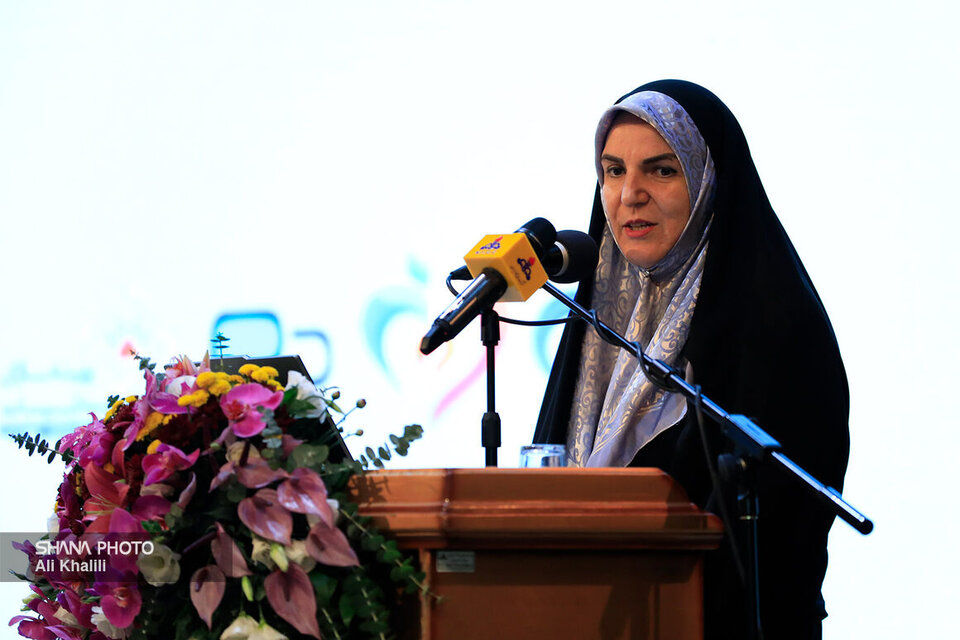Speaking at the closing ceremony of a campaign aimed at reducing energy consumption by 10%, Aqapour praised the initiative and stressed the need to expand it. She said reducing gas and electricity use is critical for the country’s energy sector and plays a decisive role in the economy and sustainable development.
She noted that the administration of President Masoud Pezeshkian has emphasized the development of renewable energy and conservation. While the campaign is being carried out effectively, she said, its pace has not met expectations, partly due to the country’s limitations.
Culture as a pillar of energy saving
Aqapour stressed the importance of cultural change in promoting efficiency, saying government, citizens and cultural engagement must work together. She said the government is responsible for policymaking, infrastructure development and support for renewables, but people must also actively participate by managing consumption behavior.
She identified cultural awareness as the third key pillar, saying education and belief in the necessity of energy saving are vital. “This campaign showed that being with the people, alongside the people and for the people can create true cultural change,” she said.
Aqapour highlighted the role of younger generations, noting that Generation Z and Alpha have a sharper and more innovative view of energy, often seeking fast, AI-based solutions. She said they should be given choices and a stronger role in decision-making.
Need for efficiency across the chain
Addressing energy pricing, Aqapour said reforms are needed because the government pays heavy subsidies, making exports of certain products economically unfeasible.
She stressed that energy saving should not focus only on the final stage of consumption. “The entire production chain must be reviewed,” she said. “Power plants and industries are the largest consumers of energy, and optimizing their operations is an unavoidable necessity.”


Your Comment